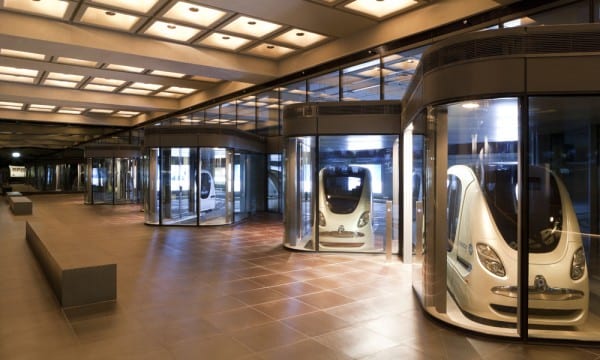The United Arab Emirates’ Energy Ministry has decided to terminate gasoline subsidies, as the country’s economy is affected by low oil prices. Oil prices will most likely go right back up anyway, but it is uncertain when that will happen.

Image credit: Masdar.
The average cost of gasoline in the U.A.E. is equivalent to $1.78/gallon and the policy change should increase the cost of oil, closer to global prices. The policy change is also very likely to reduce waste. Oil subsidies have no place in a warming world that is struggling to cut back on oil usage, so I feel that the U.A.E. government made the right decision.
Energy Minister Suhail al-Mazroui said that the policy change could spur the use of public transportation and reduce fuel usage. To add to that, the boost to the public transit industry will benefit their economy in the long run, and if the public transportation industry is sustained, it will help cushion the financial blow that everyone experiences during oil price spikes by offering an alternative to personal cars (which often use more fuel than public transportation).
Subsidies serve the purpose of stimulating the sales of certain items, and the opposite is needed for gasoline sales (from an environmental standpoint). Where the economy is concerned, the United Arab Emirates has been building up their infrastructure, which will help them to foster growth in various areas and aid the transition to a post-oil economy.
The wealth they have amassed from their massive oil supply has helped them develop the country almost into a utopia. The U.A.E. now has a robust, solid, and technologically-advanced economy that is reducing its reliance on oil. It is very admirable to see a country that benefits so much from fossil fuels lead the way to a fossil-fuel free future, and even more so than many other countries. One project which reflects that is Masdar City. Masdar City is a minimum-waste, solar + wind-powered city which minimizes overall resource usage.






